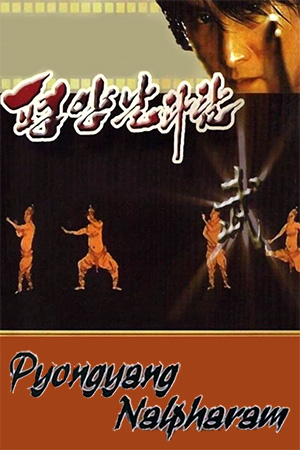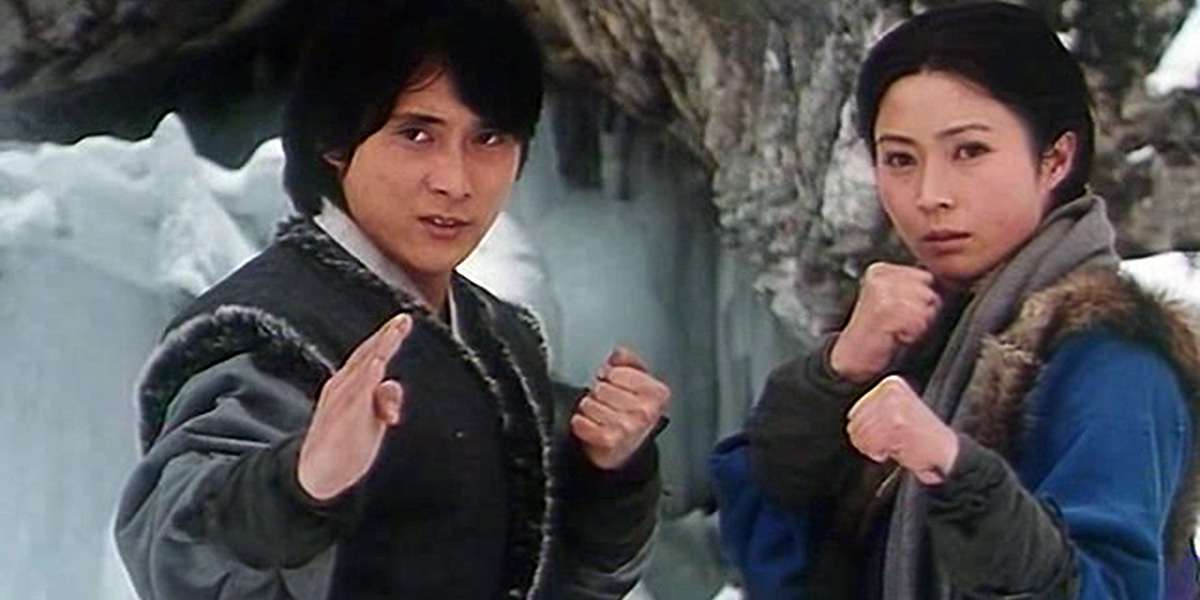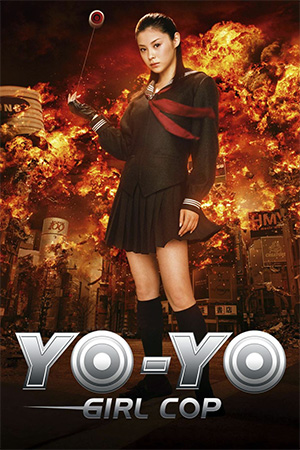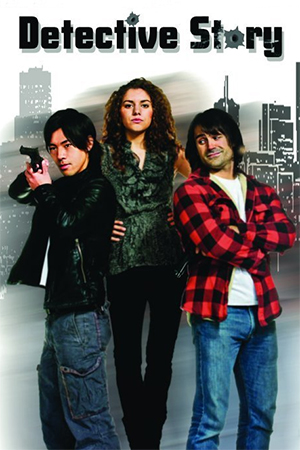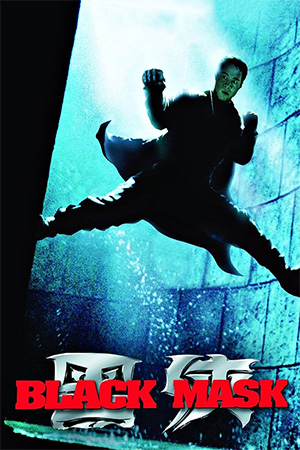During Japan’s colonial rule of Korea at the turn of the 20th Century, the matter of national identity becomes ever more important. One outlet is the Korean martial art of Pyongyang Nalpharam, an ancient form of fighting that has been perfected by very few people, its sacred manuals being hunted by the occupying forces. One master, Jeong Taek, faces a battle to secure the texts while also confronting Japanese-inspired intrigue in his own life.
I can thank one of the accounts I read on Twitter for discovering this North Korean martial arts film. And, as many commented on seeing the clip posted, this has the strangest look of any film made in the 21st century. While we can never be sure just how advanced North Korean cinema is (though we will probably hazard a guess), this 2006 production has an unusual appearance that makes it seem a good four decades older than it actually is. It reminded me of watching the 1982 Jet Li hit ‘Shaolin Temple’, the mainland classic that kickstarted the nascent action film industry there; it has a grimy veneer, not quite social realism, but not quite grindhouse. It genuinely feels like it has seeped out from decades earlier.
The appearance of ‘Pyongyang Nalpharam’ is not especially troubling when one gets used to it though. This film has bigger problems to contend with. Whereas the aforementioned ‘Shaolin Temple’ could rely on first-class choreography and an able cast, this North Korean effort splutters along like an antiquated DPRK vehicle used to ferry party officials around in the 60s. The first ten minutes build things up effectively, but there isn’t a proper pay-off; the action is sparse and when it does occur, it is wildly undercranked. It’s unfortunate as there is some useful footwork from the main players, yet the sped-up action undoes all of the skills on display.
The other thing that occurred to me while watching ‘Pyongyang Nalpharam’ was how rare a decent editor must be in North Korea. Scenes are chopped at strange junctures, the plot jumps all over the place and the simple act of allowing actors to have proper reaction shots to the drama unfolding is mostly absent. It’s a baffling exercise as the storyline isn’t particularly complicated, but is constructed in such a way that you wonder if you’ve drifted off for a moment or two. And as not a great deal happens in the story, this is entirely possible. Once I adjusted myself to the aesthetic, I was willing to lose myself in ‘Pyongyang Nalpharam’; the locations are pleasant and there is, as suggested, potential here. I just wish the makers had as much confidence in their work as I did – they seem determined to torpedo any momentum or excitement as soon as it begins to stir. In this area, they succeeded admirably.
- Mission Kiss And Kill - December 7, 2025
- Yojimbo - November 24, 2025
- The Five Venoms - November 9, 2025

